What happens if Scotland votes for independence?
In ten days' time, Scotland could vote for independence. Here's what would happen after that momentous decision
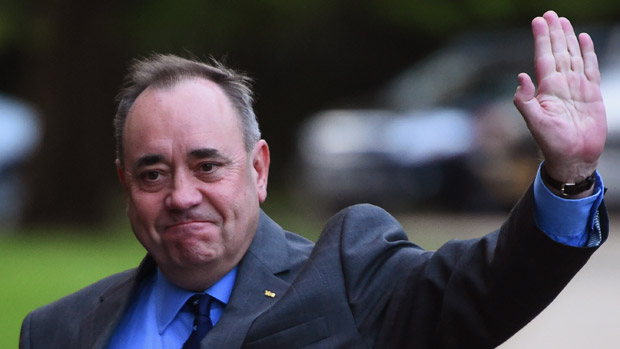
A free daily email with the biggest news stories of the day – and the best features from TheWeek.com
You are now subscribed
Your newsletter sign-up was successful
If Scotland votes against independence in the coming referendum, not much will immediately change. The country will remain a part of the United Kingdom and Scots will continue to be a part of British economic, cultural and political life – although Westminster's main political parties have committed to handing more power to Scotland.
If, on the other hand, the country votes Yes, the ballot will unleash a complicated sequence of negotiations to determine how Scotland will become an independent country. Here is how it will play out.
The pros and cons of Scottish independence
The Week
Escape your echo chamber. Get the facts behind the news, plus analysis from multiple perspectives.

Sign up for The Week's Free Newsletters
From our morning news briefing to a weekly Good News Newsletter, get the best of The Week delivered directly to your inbox.
From our morning news briefing to a weekly Good News Newsletter, get the best of The Week delivered directly to your inbox.
What is the timetable for independence?
If Scotland votes Yes, the Scottish Parliament will immediately begin negotiations with the aim of the country becoming fully independent by 24 March 2016 – a date chosen by Scottish First Minister Alex Salmond. In the even of a vote for independence, Salmond would be expected to confirm his "Team Scotland" negotiators within a week of the vote.
The negotiation team would work towards a full constitutional settlement with the UK government. Once all matters are resolved, that agreement would be finalised and ratified on Scotland's day of independence in March 2016 by both the UK and Scottish governments.
After March 2016, Scotland would also have to reach an agreement on its continued membership of both the European Union and Nato. All 28 EU states are expected to meet at the end of 2014 to open debate on Scotland's future. The discussions around how the country will continue within Nato and the EU are likely to be both "complex and protracted," The Guardian says.
A free daily email with the biggest news stories of the day – and the best features from TheWeek.com
The first parliamentary election in an independent Scotland would take place on 5 May 2016. The parliament will continue to have 129 members and will be located in the existing Scottish parliament building at the bottom of the Royal Mile in Edinburgh.
Which issues may be difficult to resolve?
Defence will be one of the most problematic policy areas to agree upon. The SNP has indicated that it wants to get rid of Britain's Trident nuclear missile programme currently housed in Clyde naval base on Scotland's west coast. The current suggestion is that the entire programme could potentially be relocated to Plymouth, but critics argue that the costs involved in moving both the submarine base and the nuclear warhead depot at Coulport would be exorbitant.
Defence is a big employer for Scotland. The Scottish government proposes that it would seek to build a total force of 15,000 regular and 5,000 reserve personnel in the ten years following independence (up from 7,500 regular and 2,000 reserve personnel at present).
It would also hope to build its own maritime capabilities, including air and sea-based patrol, and specialist forces. The government proposes to set a budget of £2.5bn for all defence and security spending.
Scotland's future financial arrangements are also riddled with complexity. For one thing, Scotland's share of the national debt will need to be agreed. Currently, Salmond is threatening to default on Scotland's share entirely if the rest of the UK does not enter into a currency union with Scotland, a proposal David Cameron describes as "chilling". Scotland's continued use of the pound has proved one of the most divisive issues of the campaign, and will have to be settled before agreement can be reached. Also at issue will be Scotland's share of the UK's £1,267bn of net assets, including buildings and overseas missions of the Foreign Office.
What powers will the Scottish parliament gain that it doesn't currently possess?
Once independent statehood has been declared, Scottish parliament will gain full autonomy over policy areas currently determined by Westminster including defence, foreign policy, internal taxation, international development and social security.
What organisations would Scotland hope to establish and rejoin?
Scotland would have to create its own postal system, which it proposes to introduce in public ownership. The country would no longer have a stake in the BBC, even if it could still access broadcasts and services, so it would set up its own Scottish Broadcasting Service (SBS), also in public ownership and financed by a licence fee, MSN reports. Scotland would have to apply to join the World Bank Group, the World Trade Organisation, the International Monetary Fund, and the Organisation for Security and Co-operation in Europe.
What will the impact of independence be on the 2015 UK election?
UK government legal advisers have warned of "constitutional crisis" for Britain if Scotland votes for independence. The 2015 general election will be "thrown into turmoil," the Daily Telegraph says. An election is currently scheduled for 7 May 2015, but by then Scotland could be preparing to separate from the union. In a memorandum to the House of Commons, Professor Alan Boyle, a specialist in international law at Edinburgh University, outlined two possible ways the election could still proceed. Either emergency laws could be passed ahead of May to ban the 59 Scottish constituencies from taking part in the elections or the election could take place as usual, with all Scottish MPs ejected from the Commons once Scotland became independent. According to the Guardian, David Cameron will face calls to take the "unprecedented step in modern peacetime" of postponing the election by 12 months to avoid the prospect of a Labour government that depended on Scottish MPs taking office.
For a balanced, in-depth discussion of the historical context of the current debate about Scottish independence, read The Week's ebook, Independence for Scotland?, available now from Amazon.
-
 Local elections 2026: where are they and who is expected to win?
Local elections 2026: where are they and who is expected to win?The Explainer Labour is braced for heavy losses and U-turn on postponing some council elections hasn’t helped the party’s prospects
-
 6 of the world’s most accessible destinations
6 of the world’s most accessible destinationsThe Week Recommends Experience all of Berlin, Singapore and Sydney
-
 How the FCC’s ‘equal time’ rule works
How the FCC’s ‘equal time’ rule worksIn the Spotlight The law is at the heart of the Colbert-CBS conflict
-
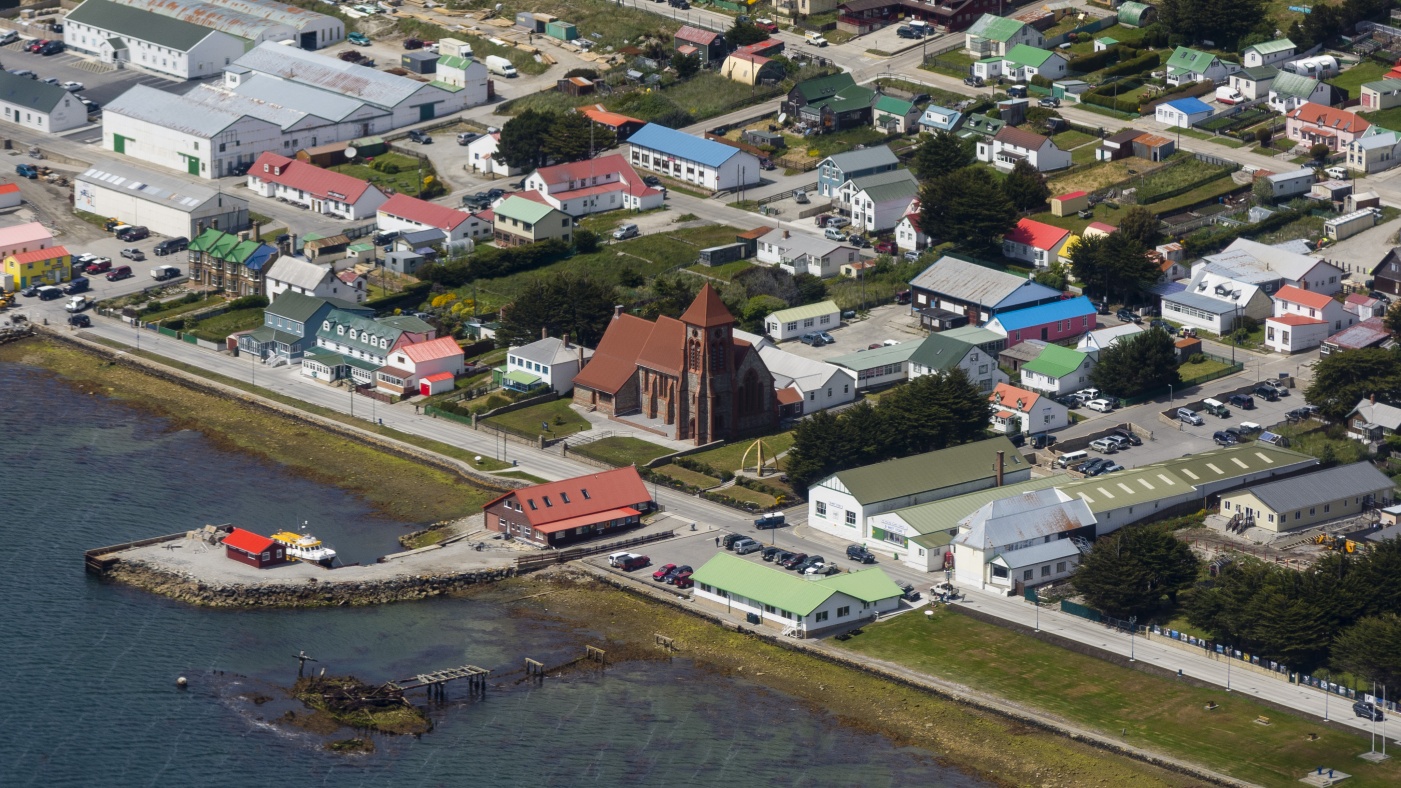 ‘Islas Malvinas’ and the new battle over the Falklands
‘Islas Malvinas’ and the new battle over the FalklandsTalking Point Argentina scores ‘major diplomatic win’ as EU refers to British territory by its disputed name
-
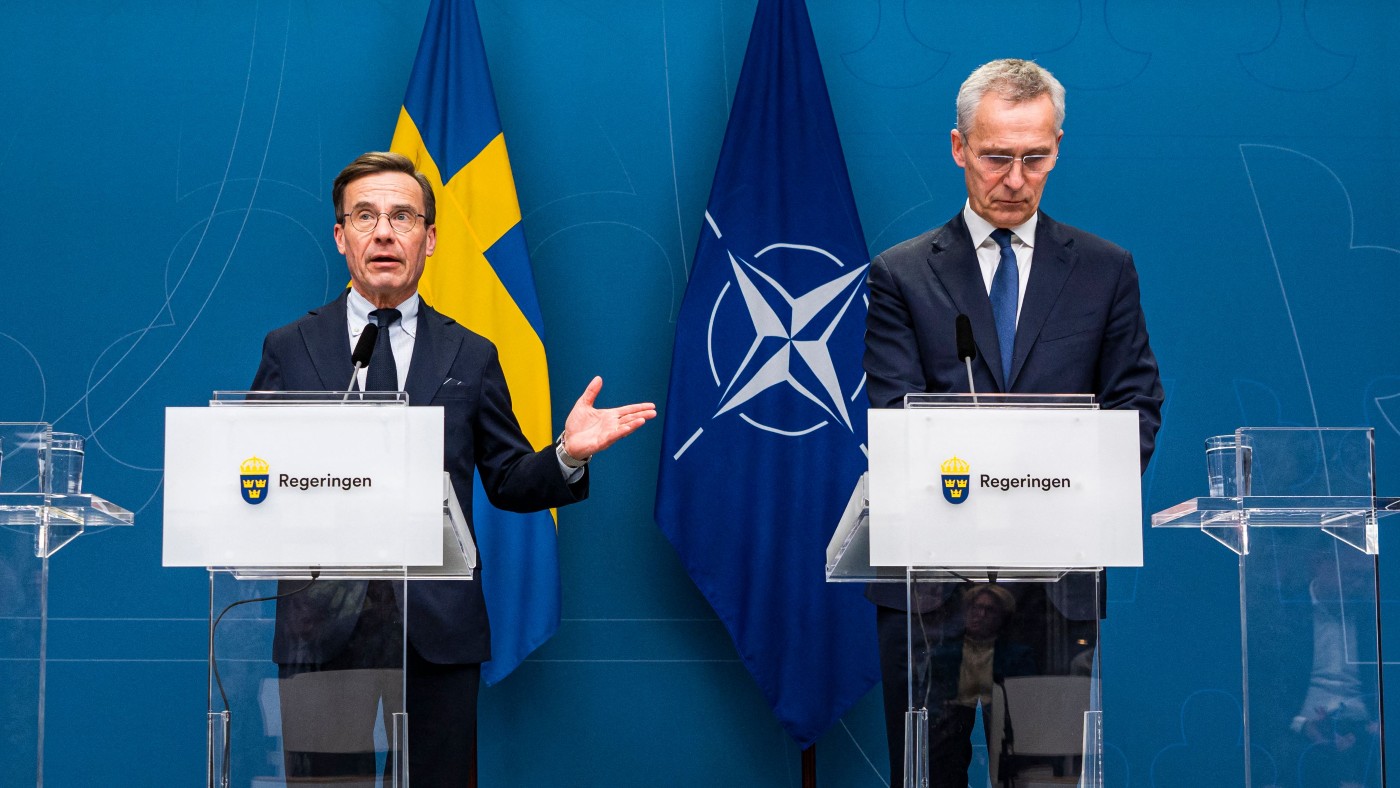 Non-aligned no longer: Sweden embraces Nato
Non-aligned no longer: Sweden embraces Natofeature While Swedes believe it will make them safer Turkey’s grip over the alliance worries some
-
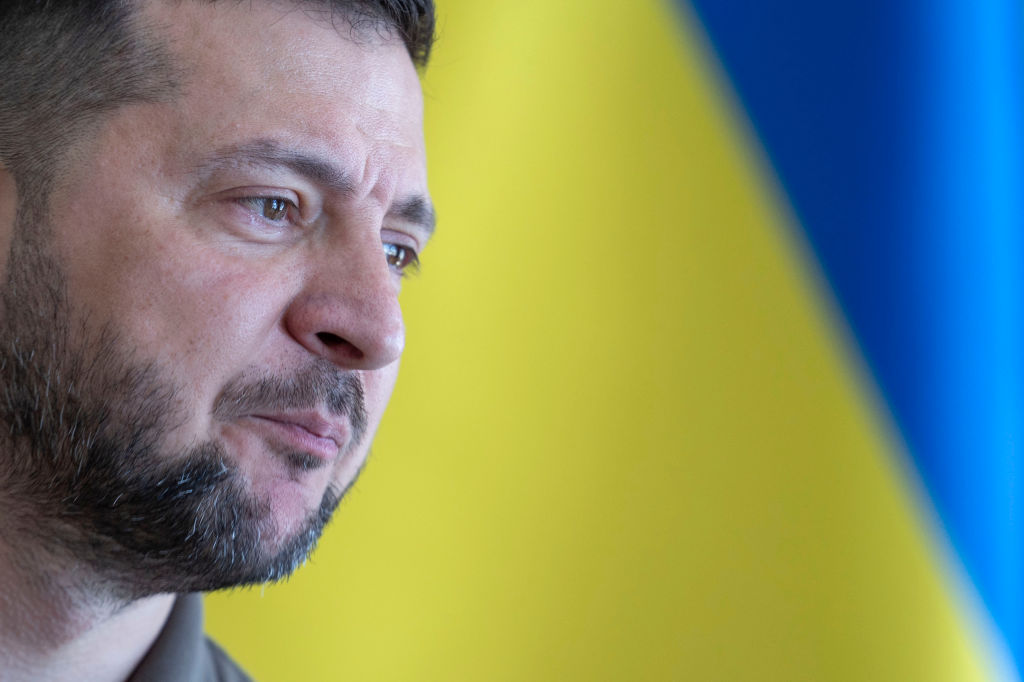 Should Ukraine be admitted to NATO?
Should Ukraine be admitted to NATO?Talking Point With this week's Vilnius summit, Ukraine's possible accession to the military alliance is more than a little top of mind
-
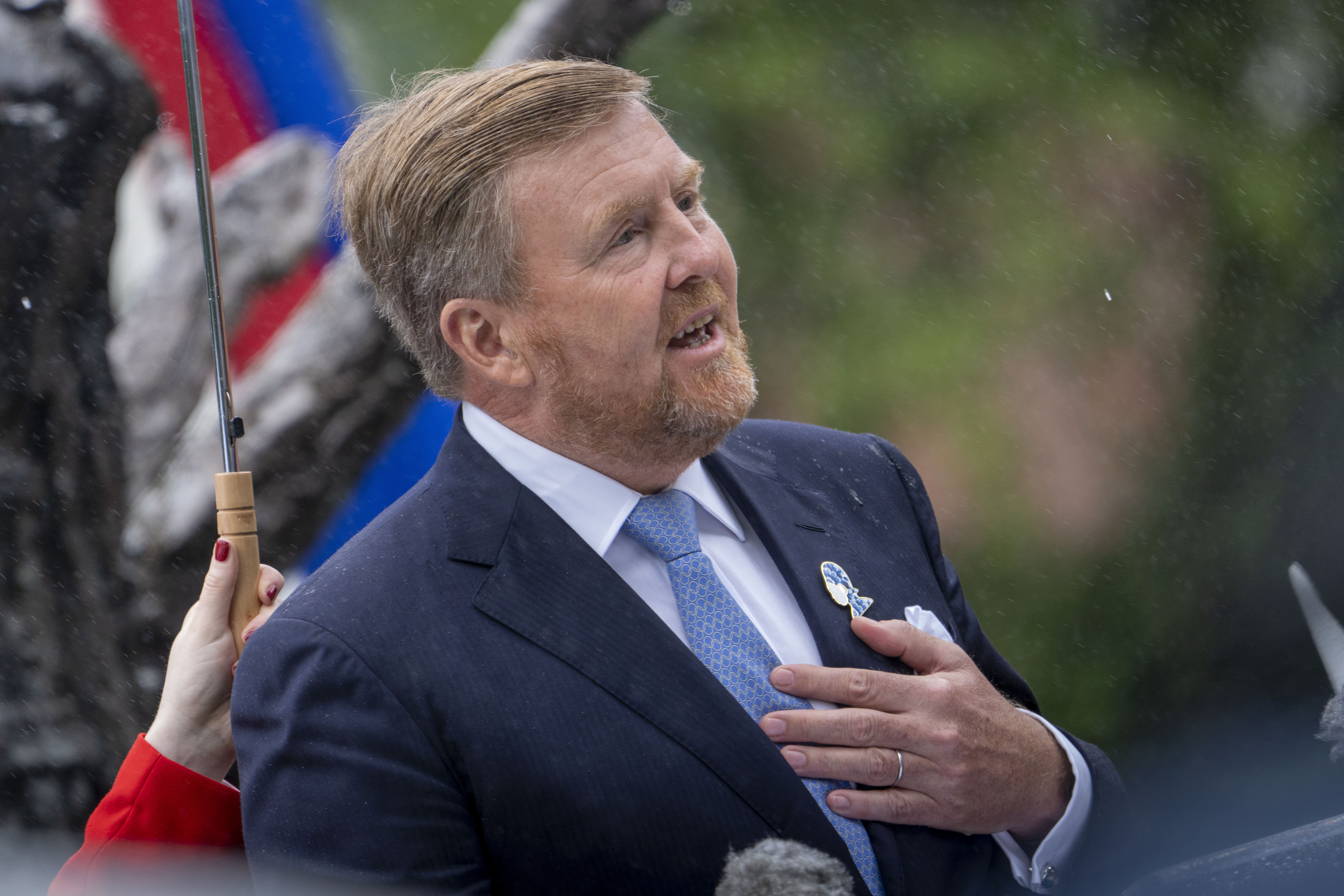 Dutch king apologizes for country's role in slave trade
Dutch king apologizes for country's role in slave tradeSpeed Read
-
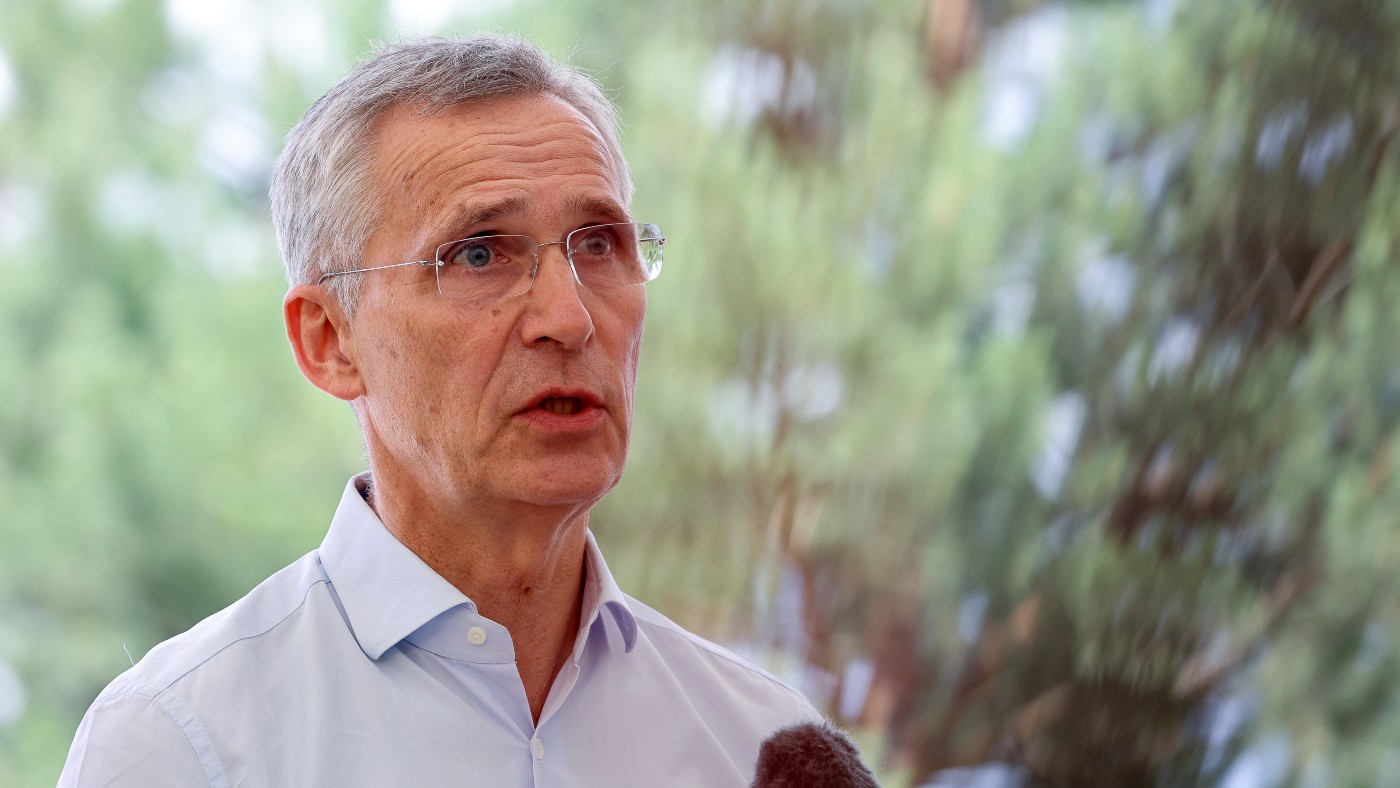 Nato warning over Wagner troops in Belarus
Nato warning over Wagner troops in BelarusSpeed Read Move of mercenary group into Russian neighbour has sparked fears of further trouble
-
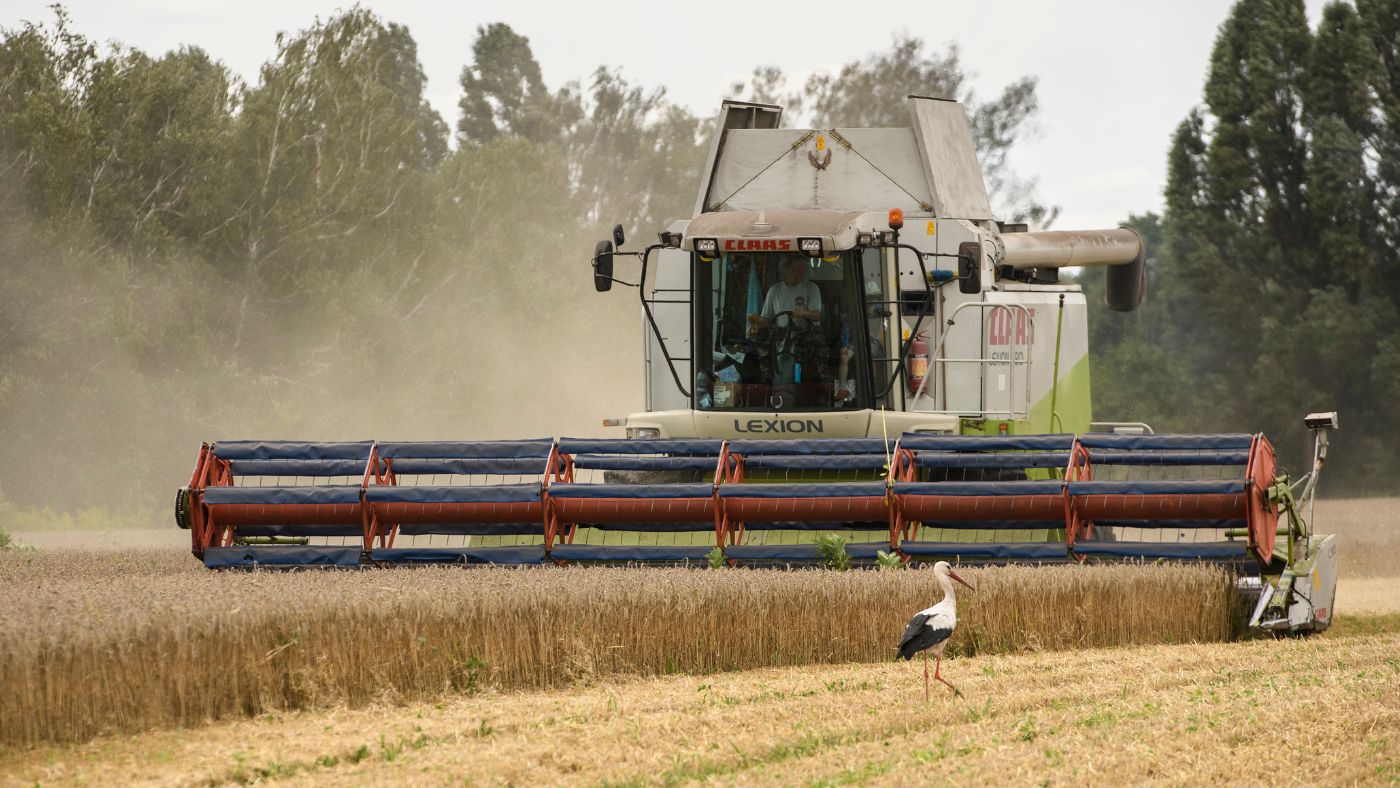 Ukrainian grain: rousing the fury of east Europe’s farmers
Ukrainian grain: rousing the fury of east Europe’s farmersfeature Three Eastern European countries have banned grain imports from the war-torn country
-
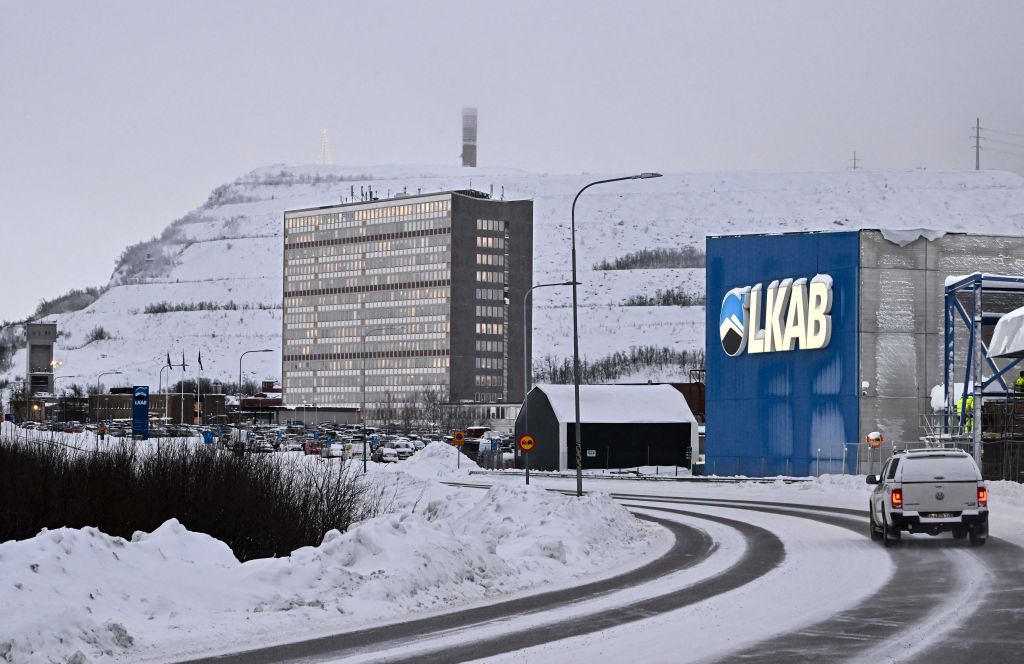 Swedish mining company discovers Europe's largest rare earth element deposit
Swedish mining company discovers Europe's largest rare earth element depositSpeed Read
-
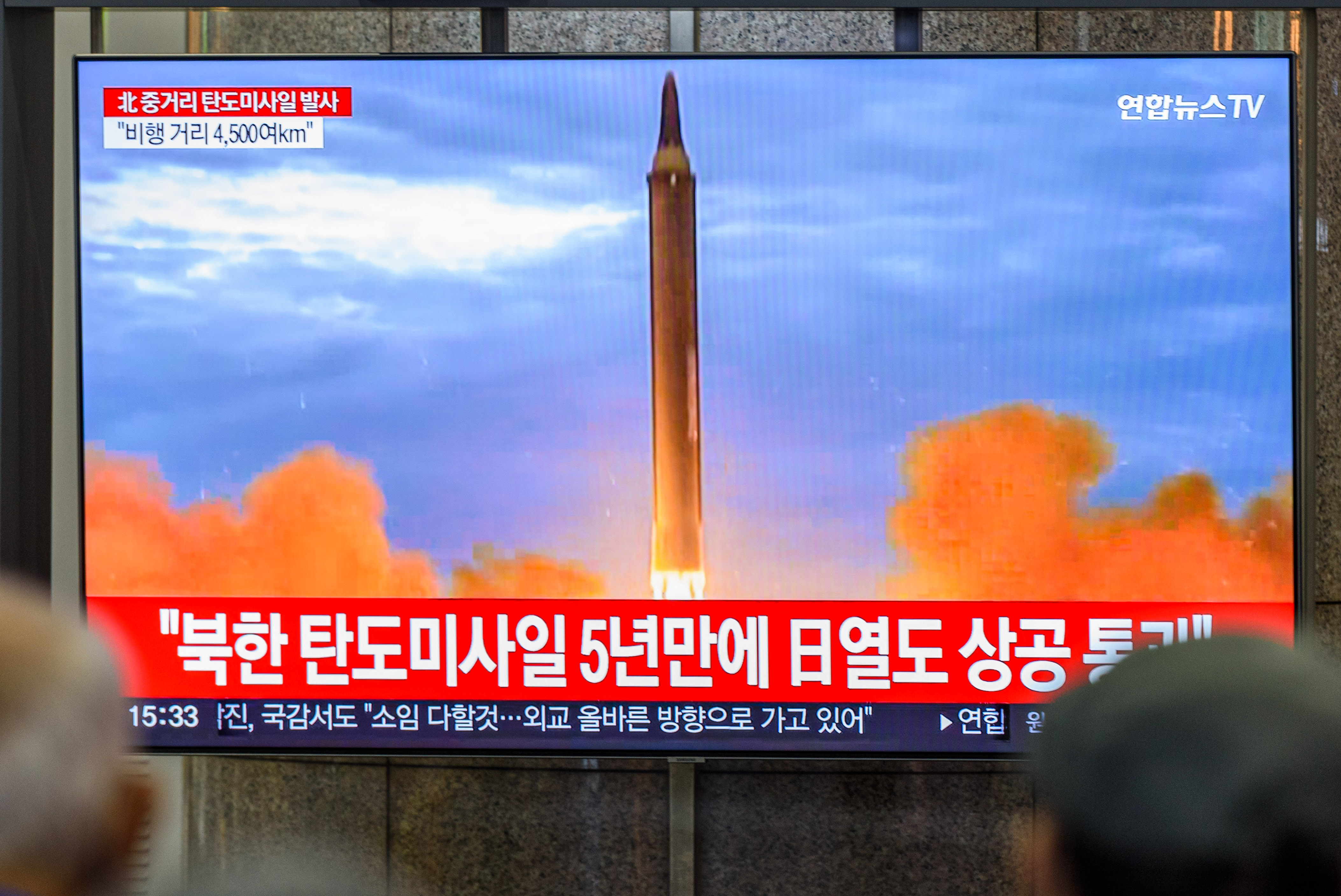 10 things you need to know today: December 18, 2022
10 things you need to know today: December 18, 2022Daily Briefing North Korea fires pair of ballistic missiles that could potentially reach Japan, EU reaches deal on key climate change agenda, and more